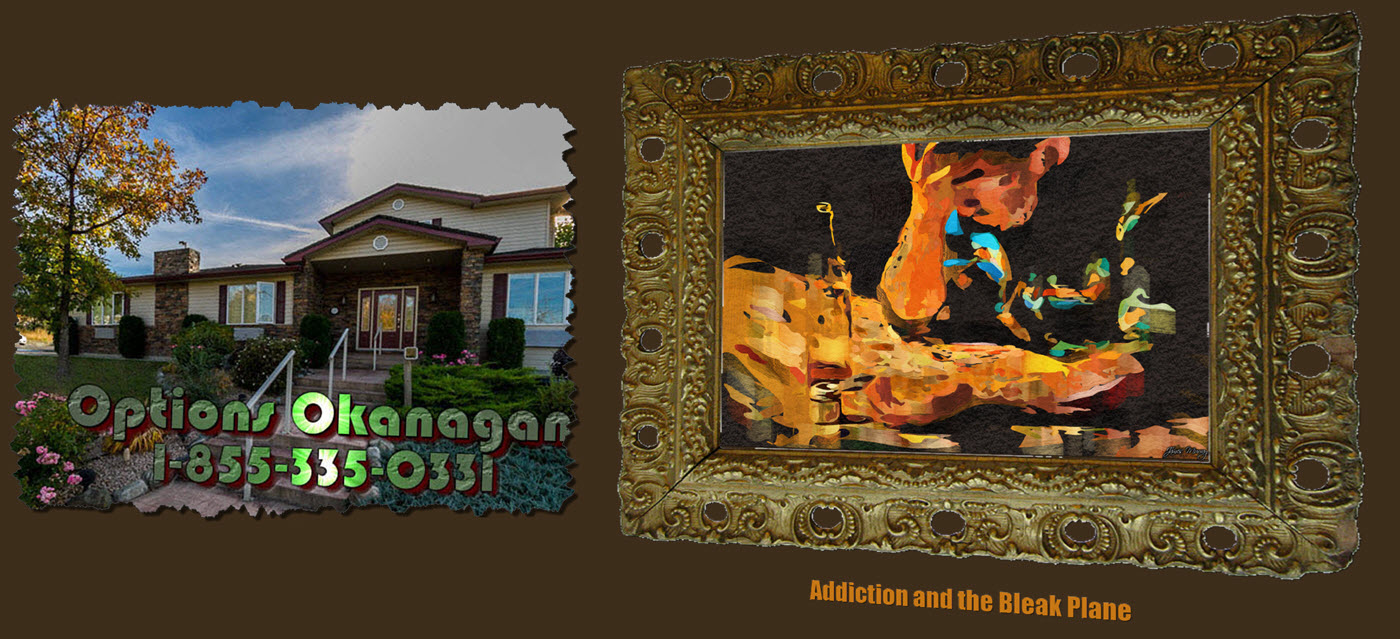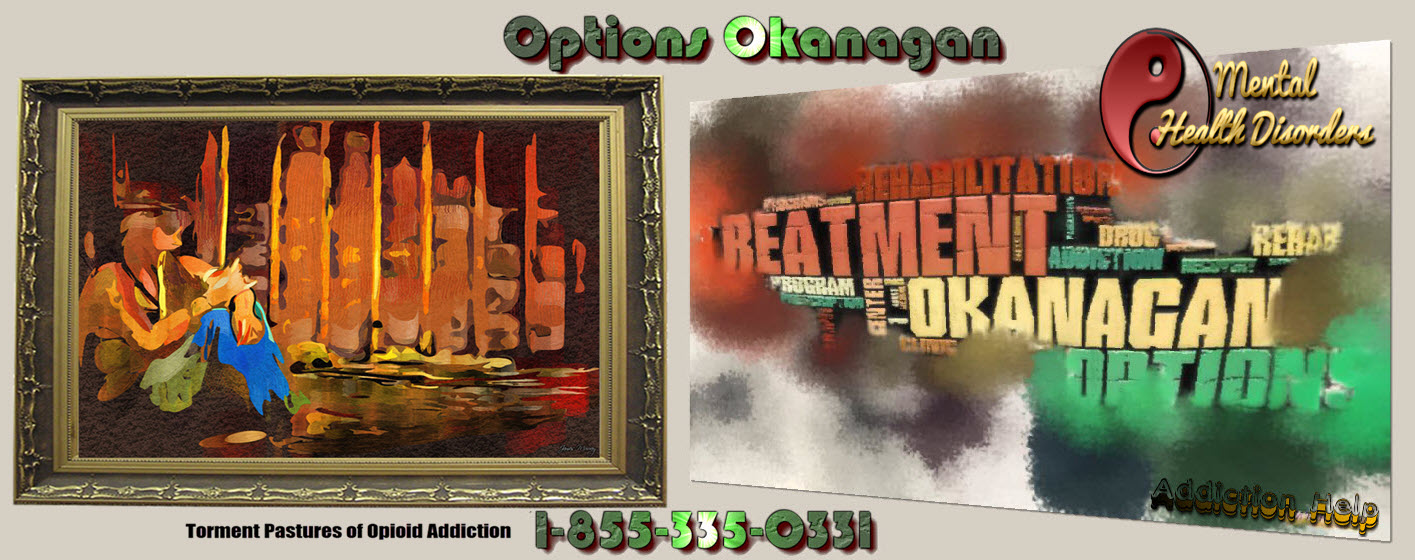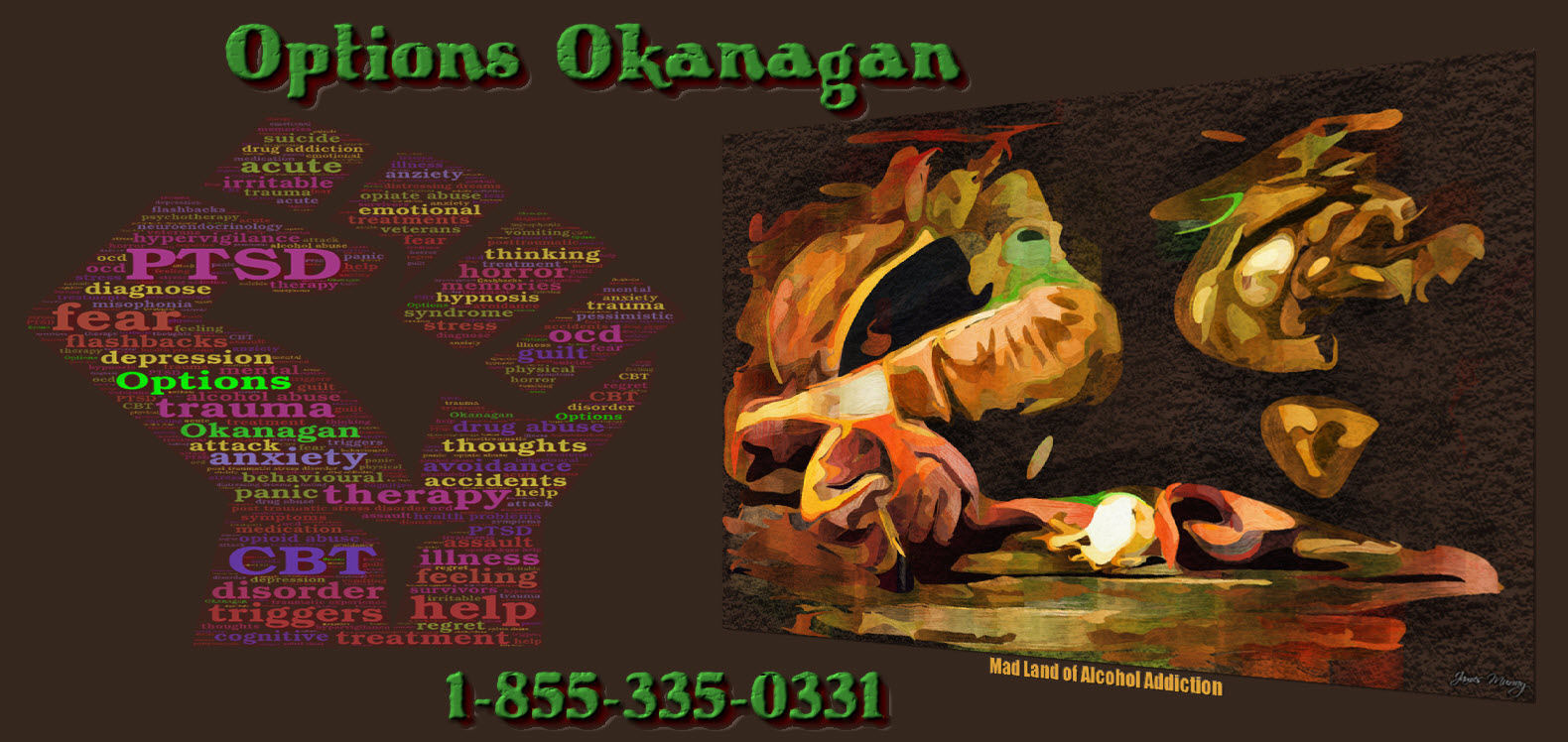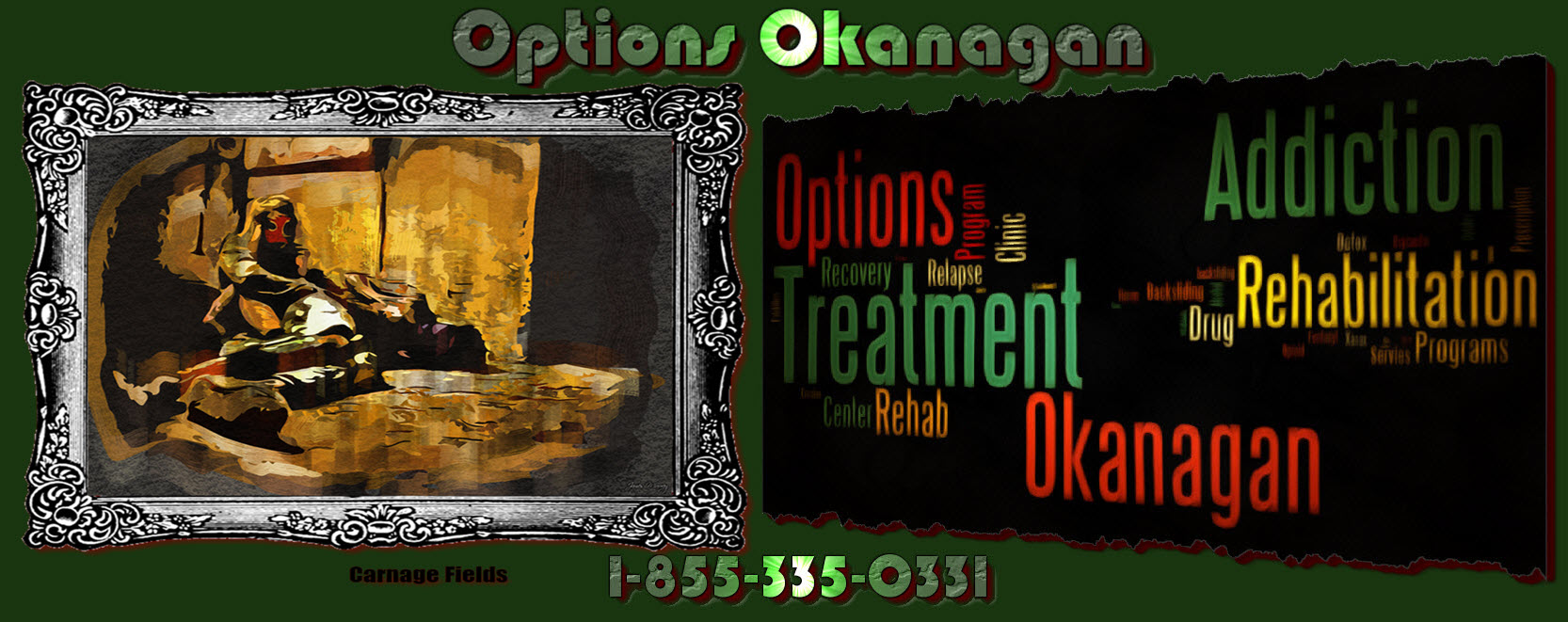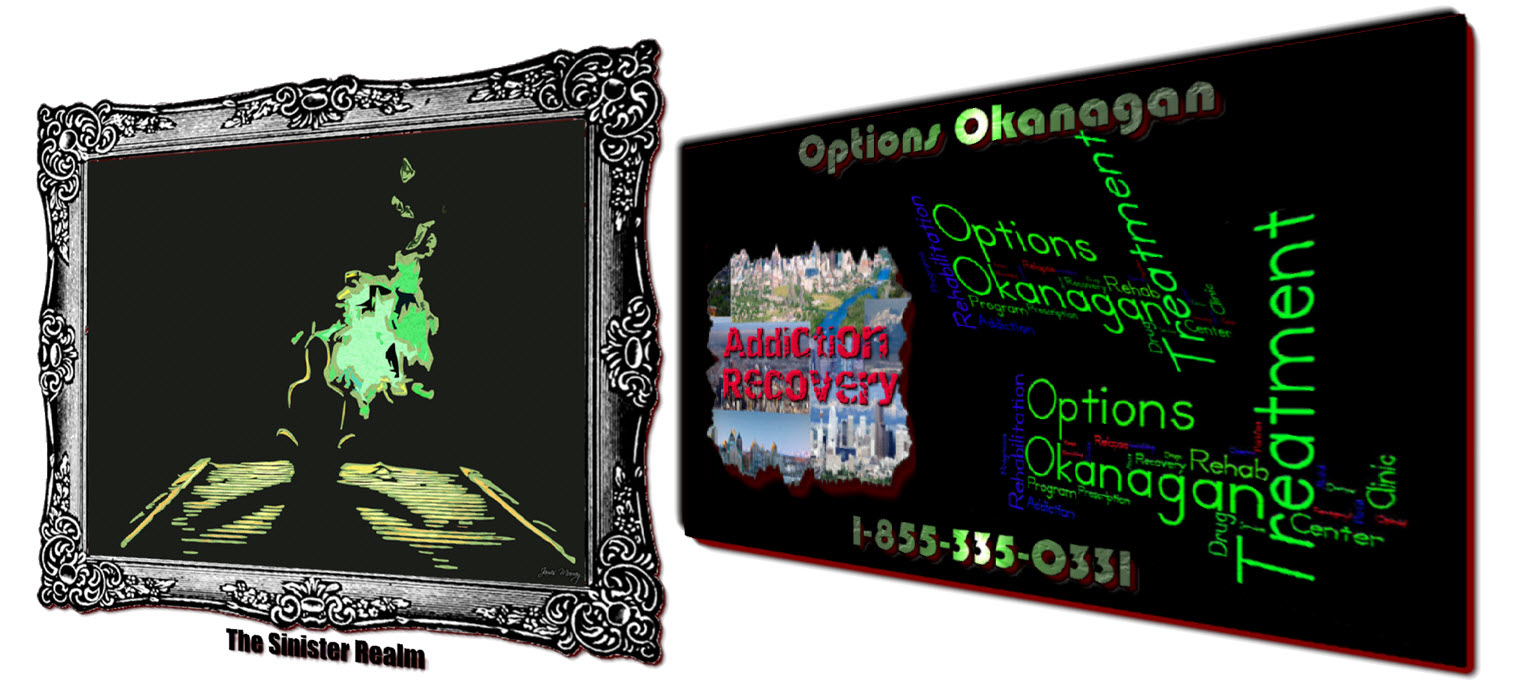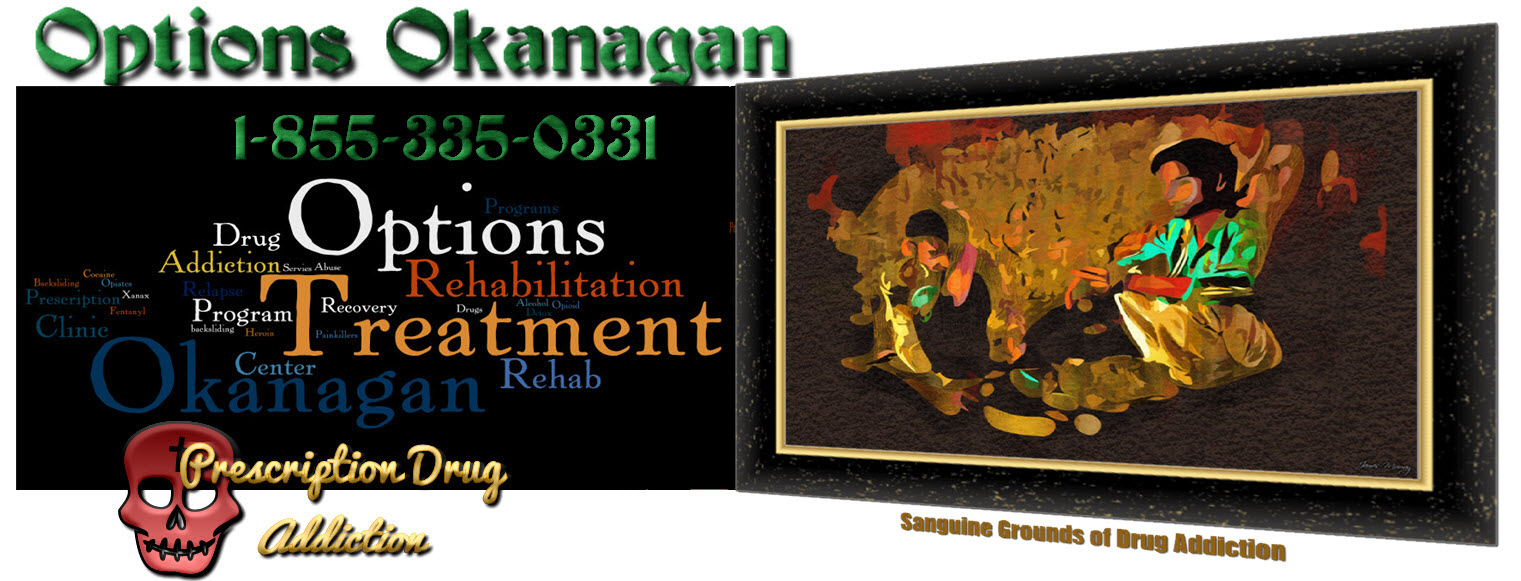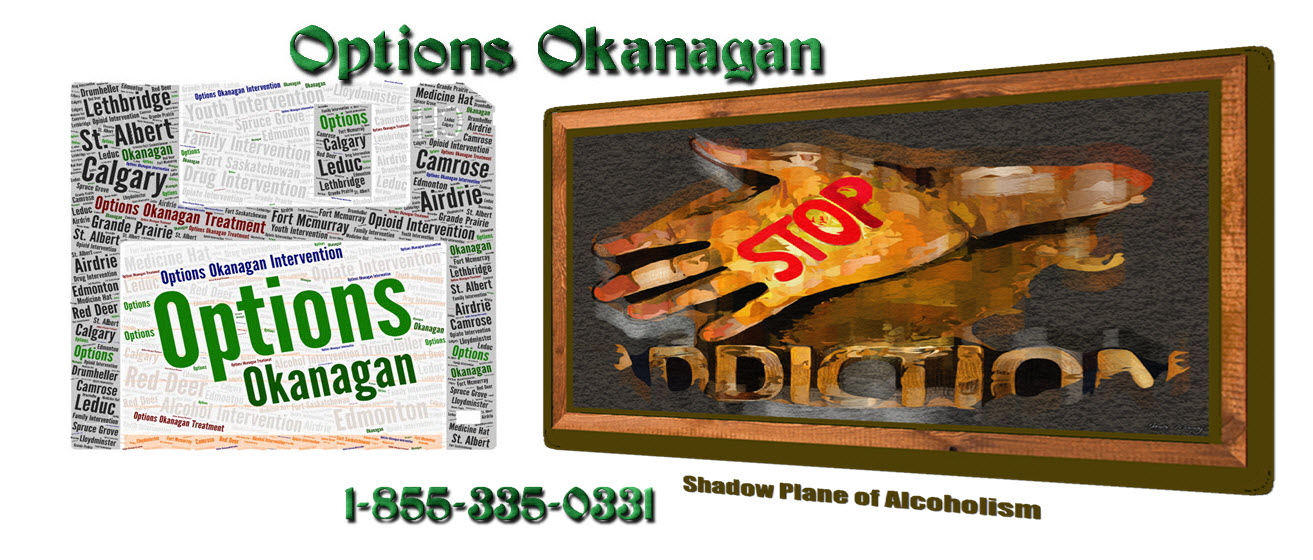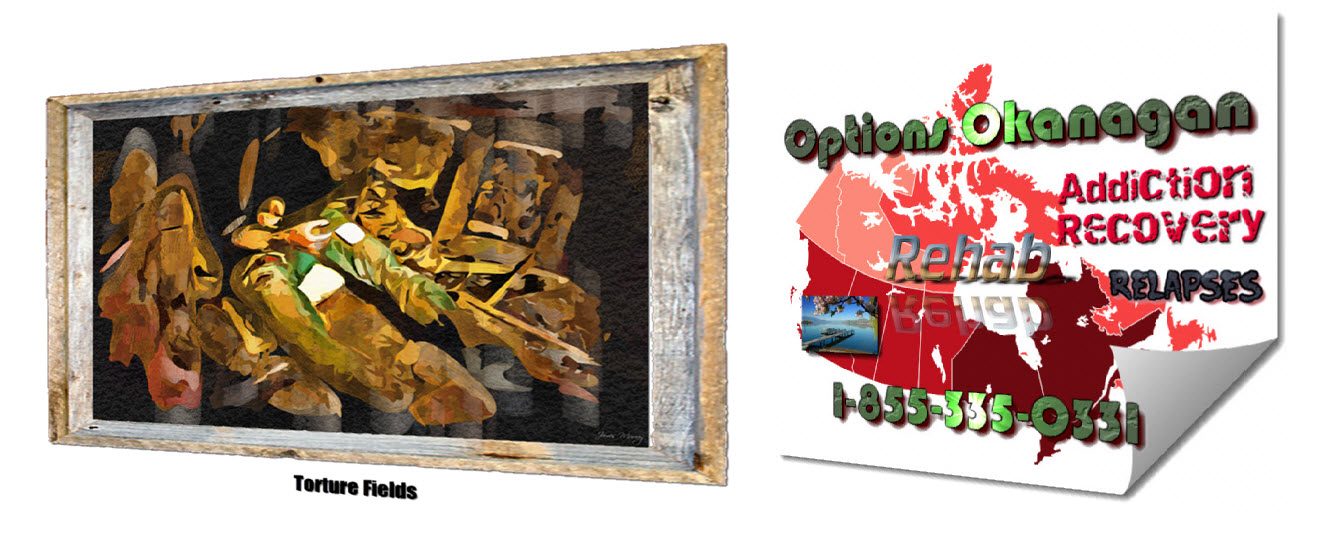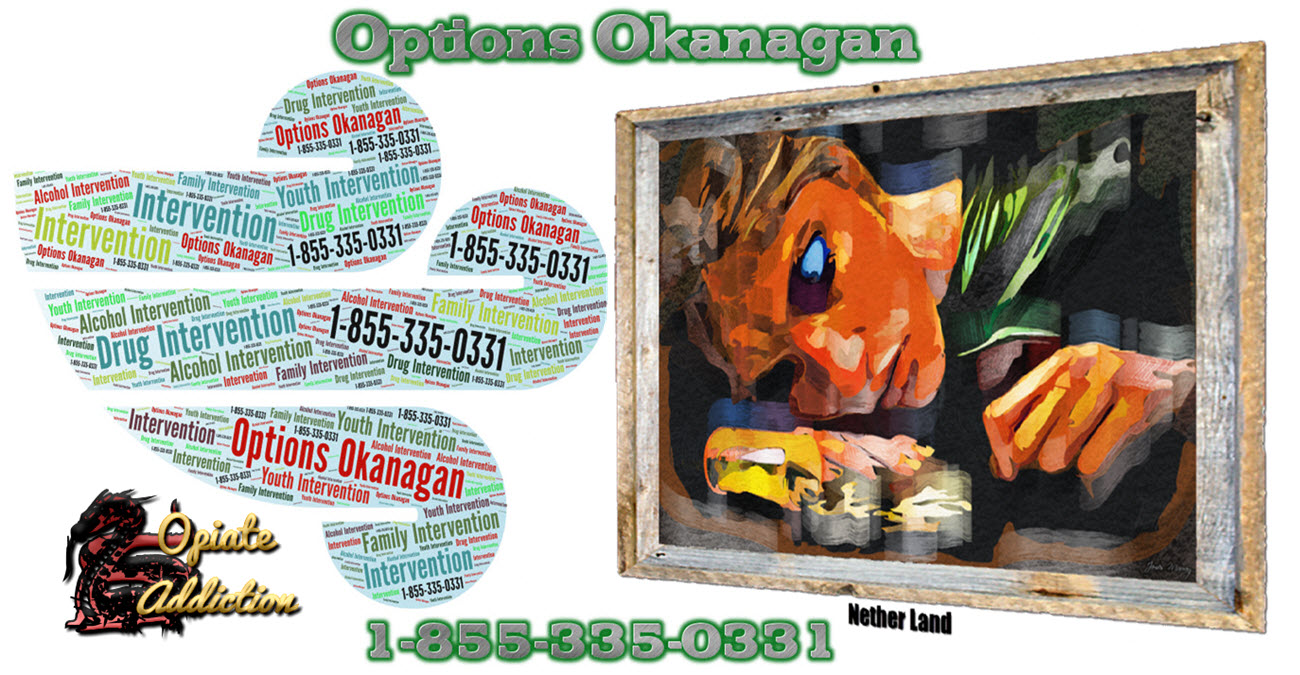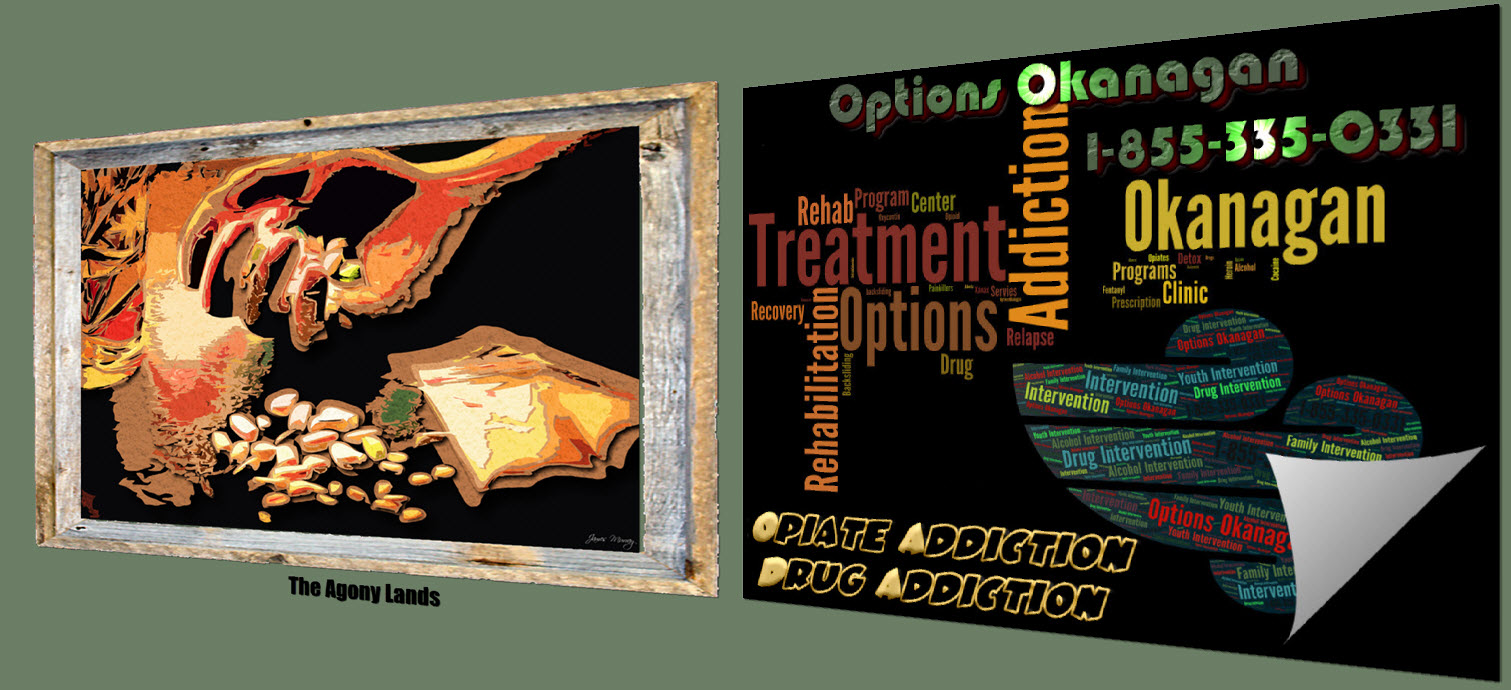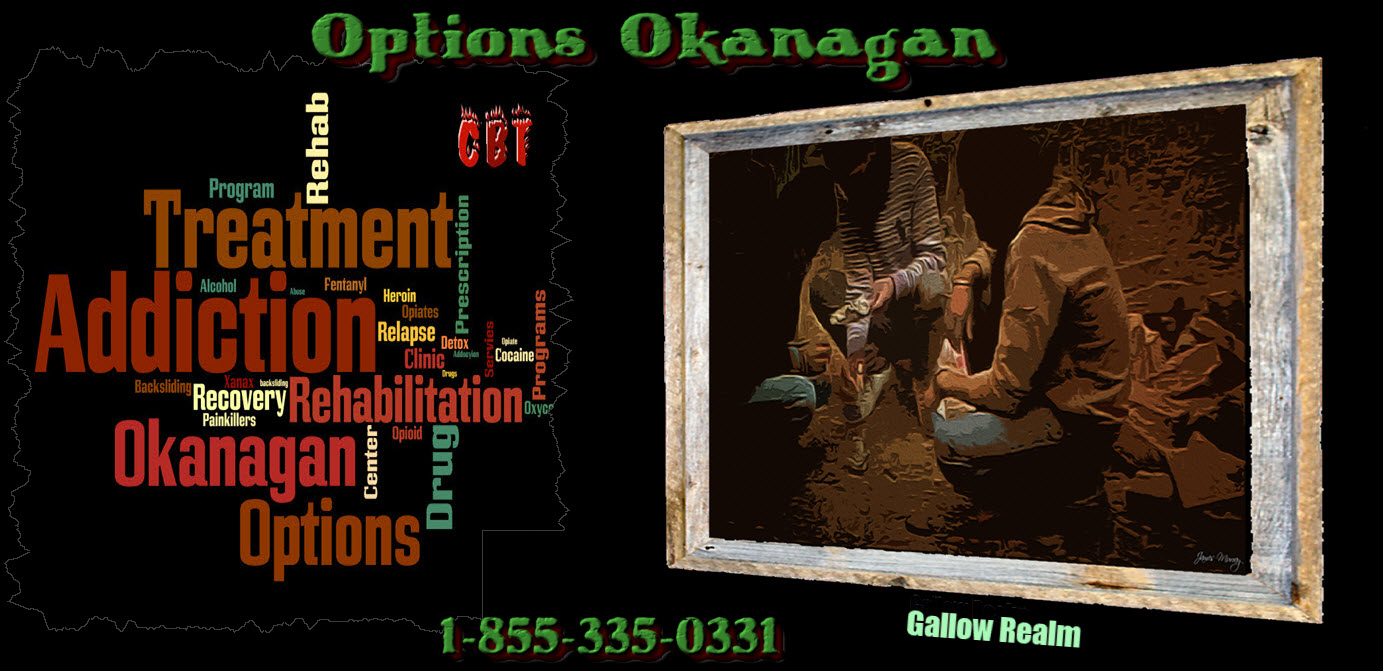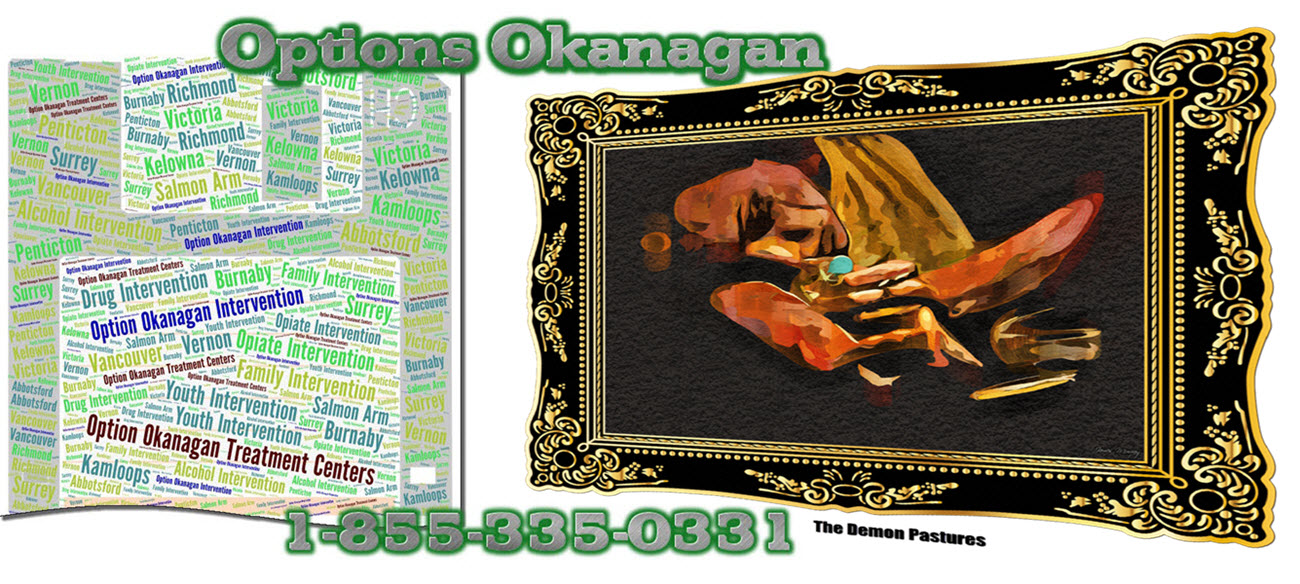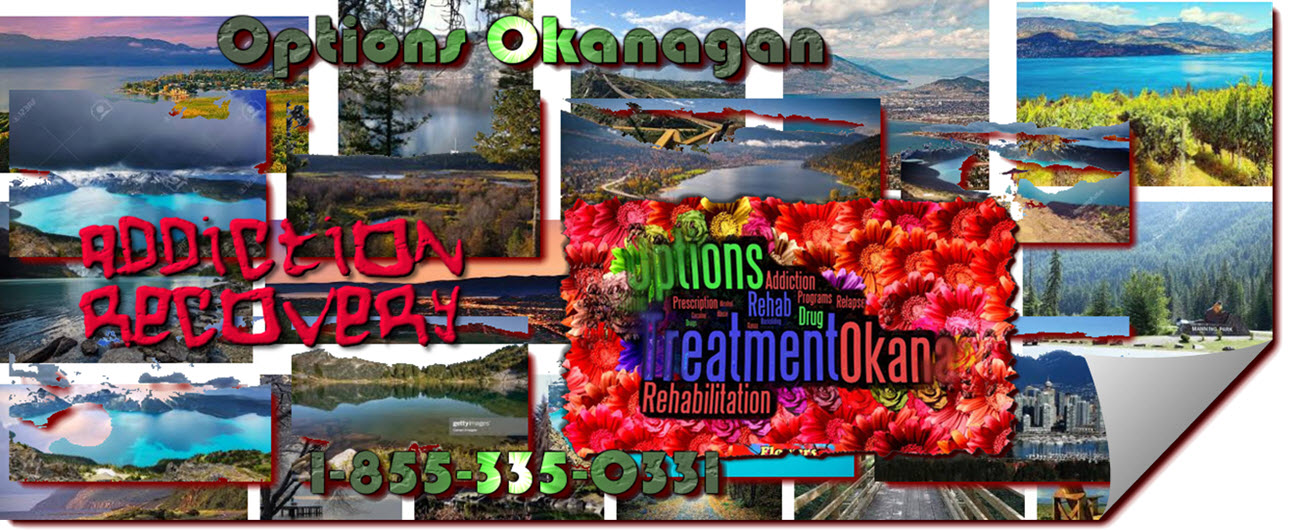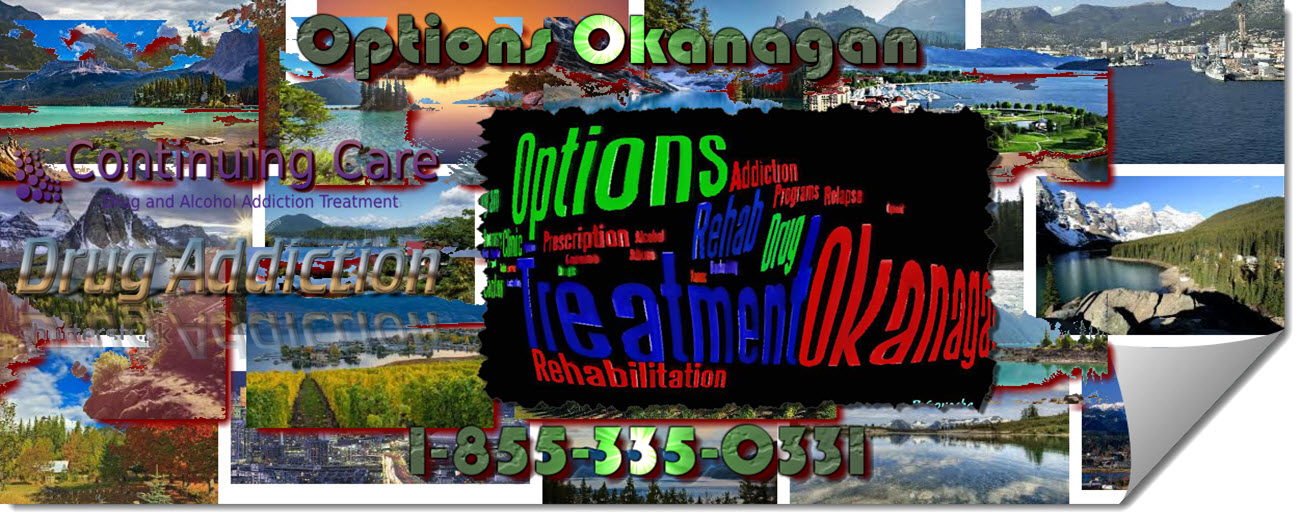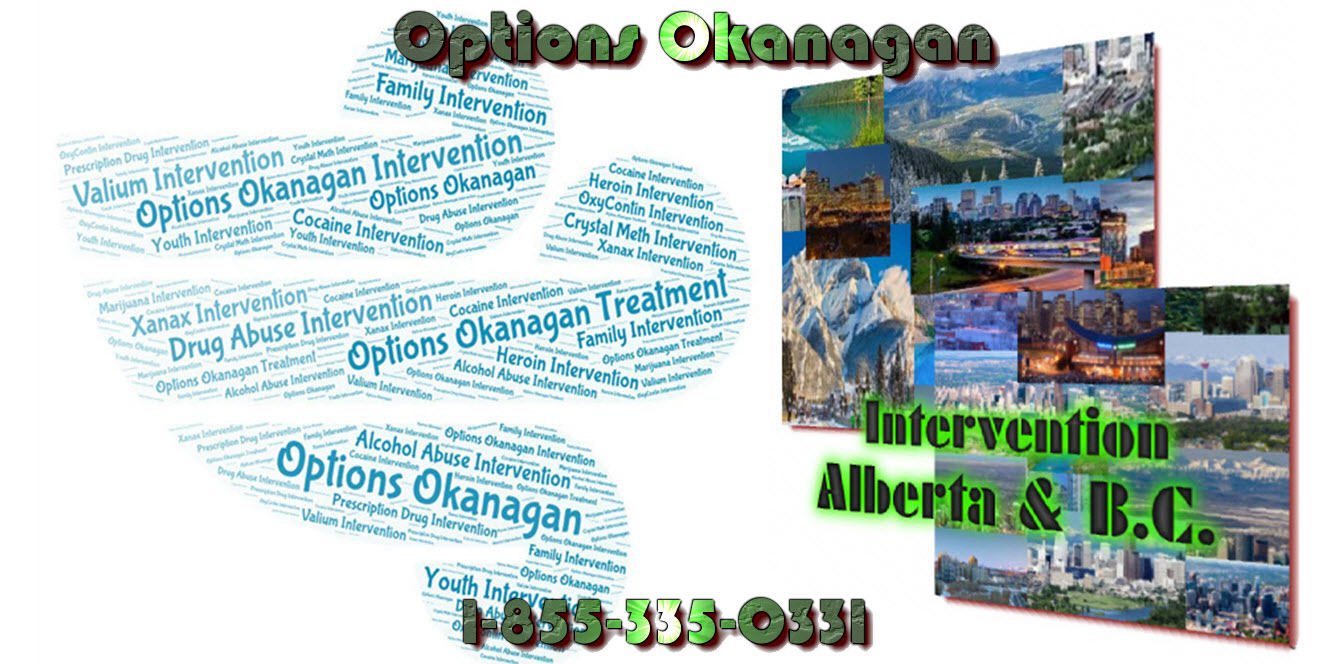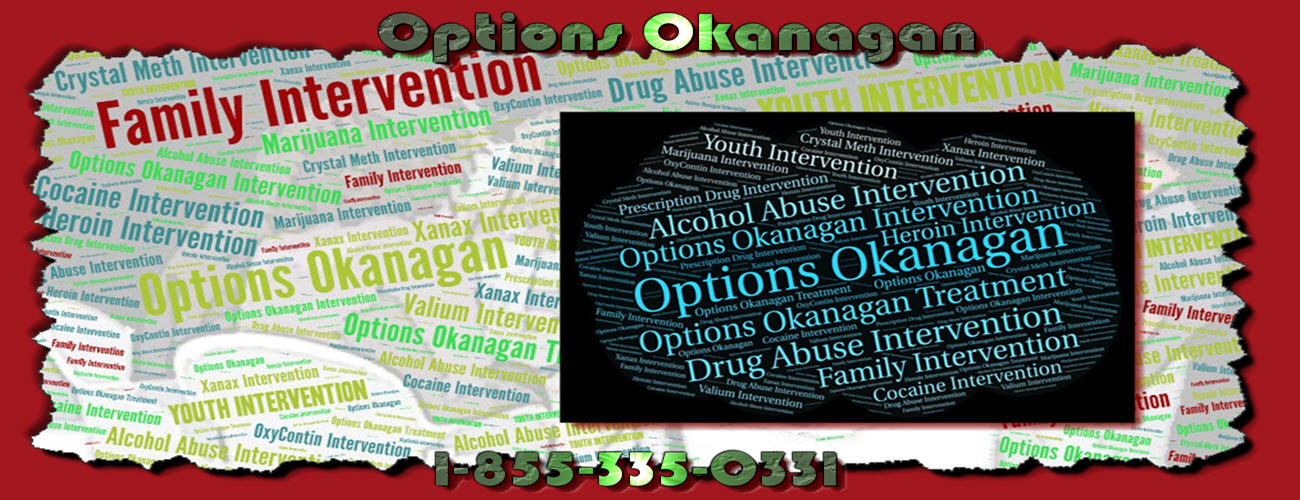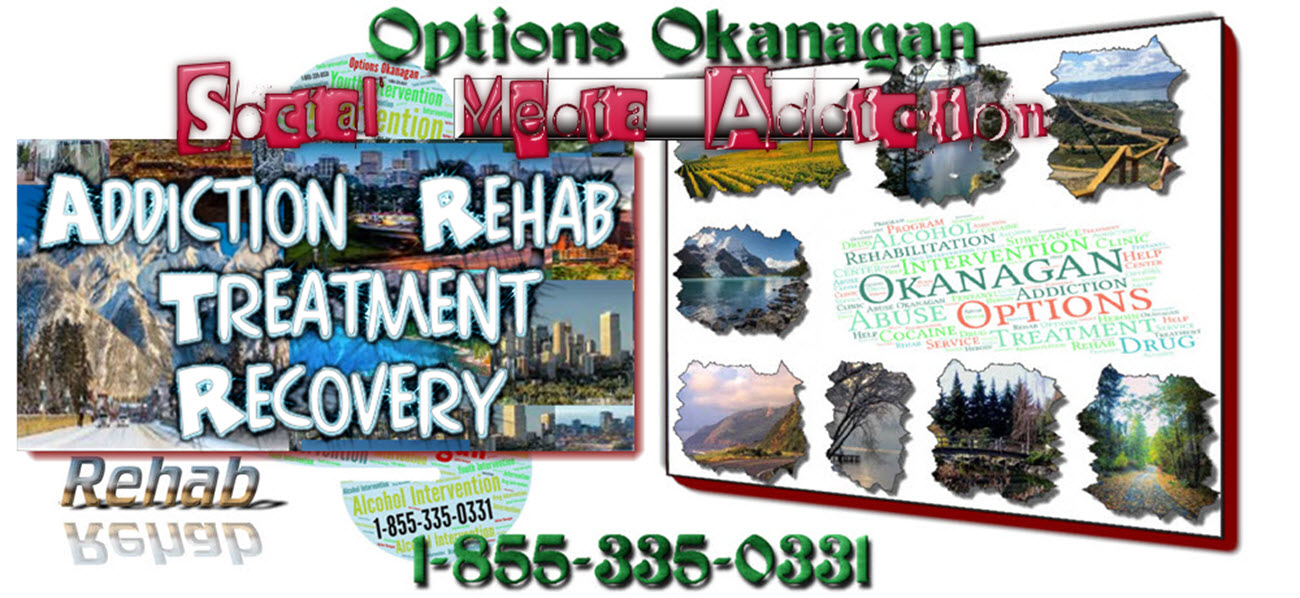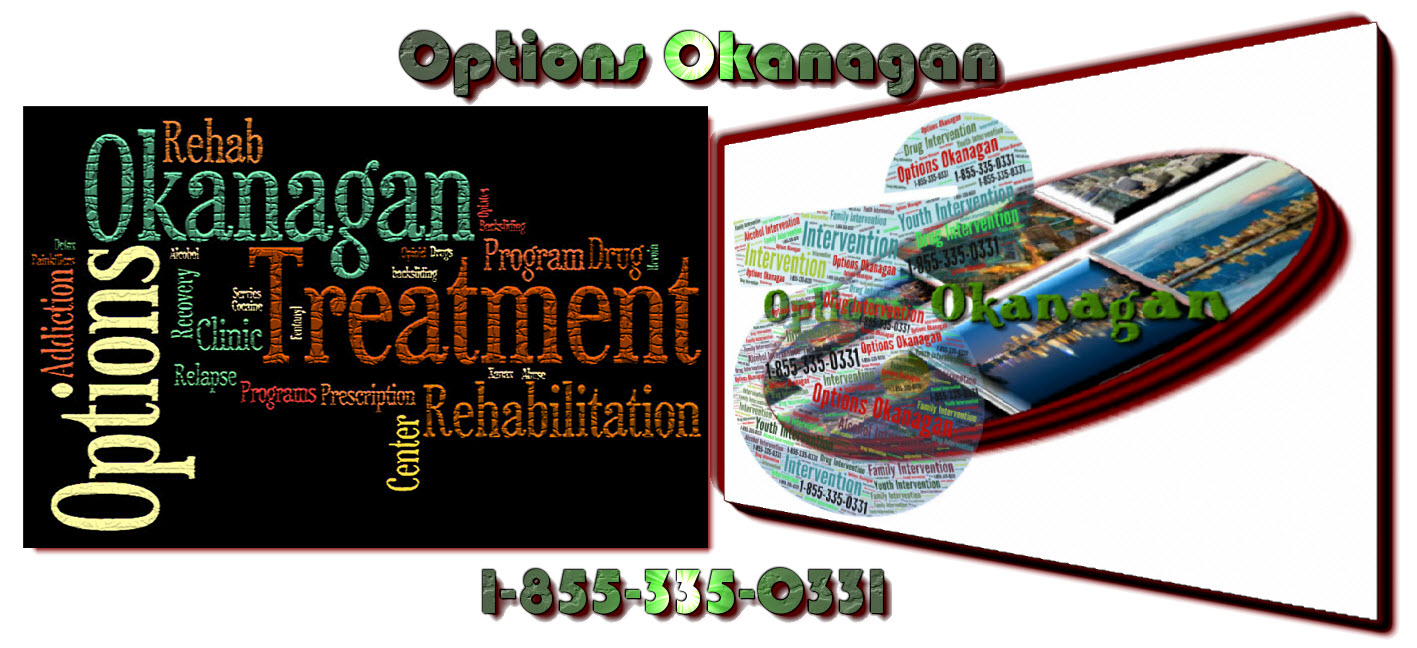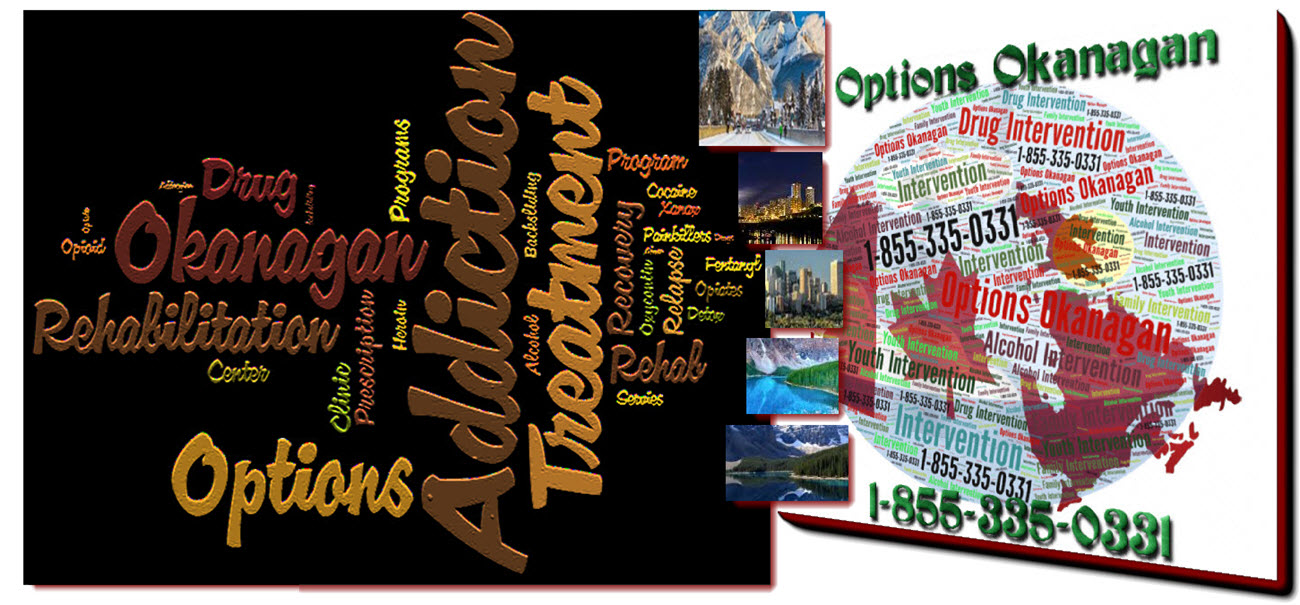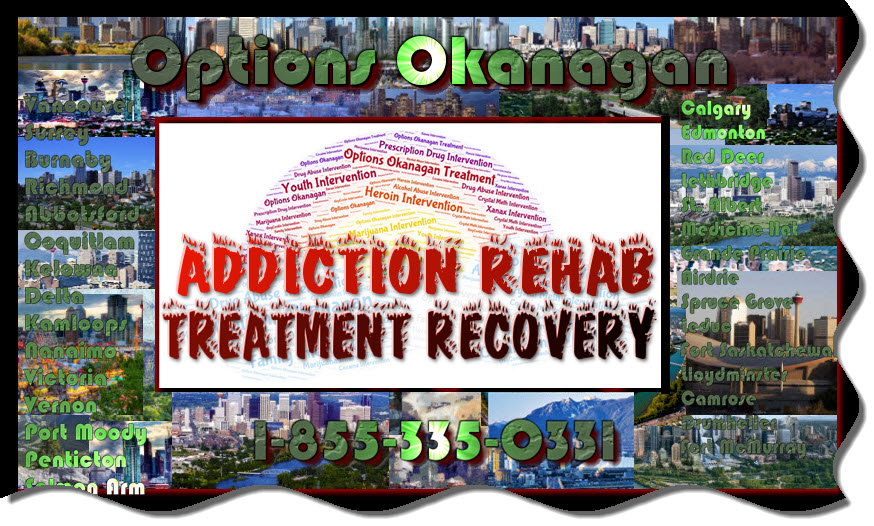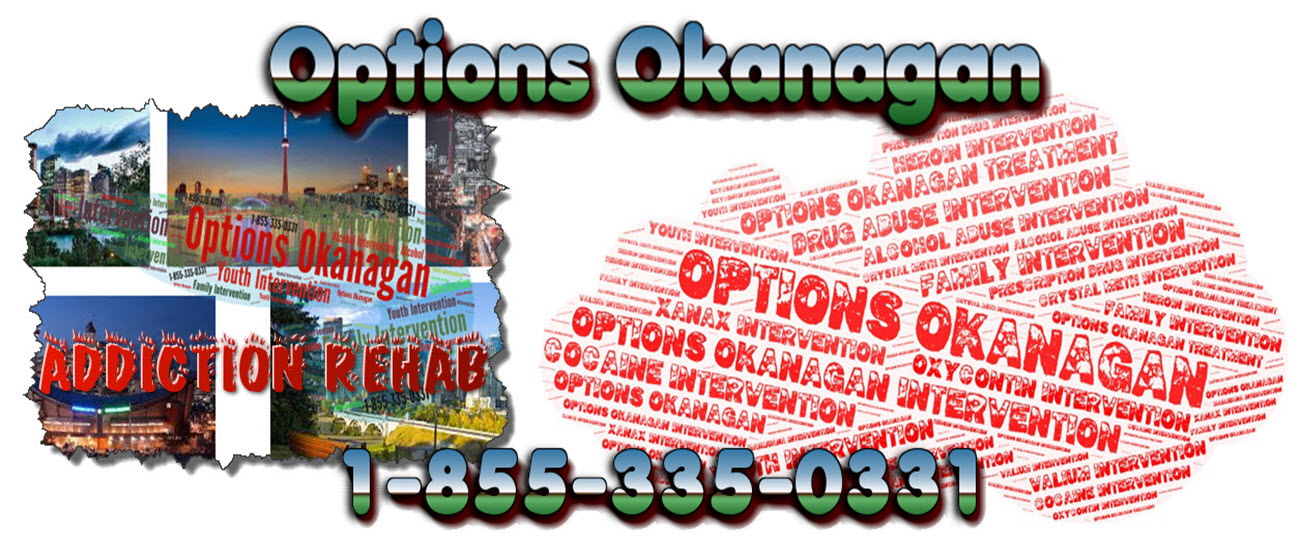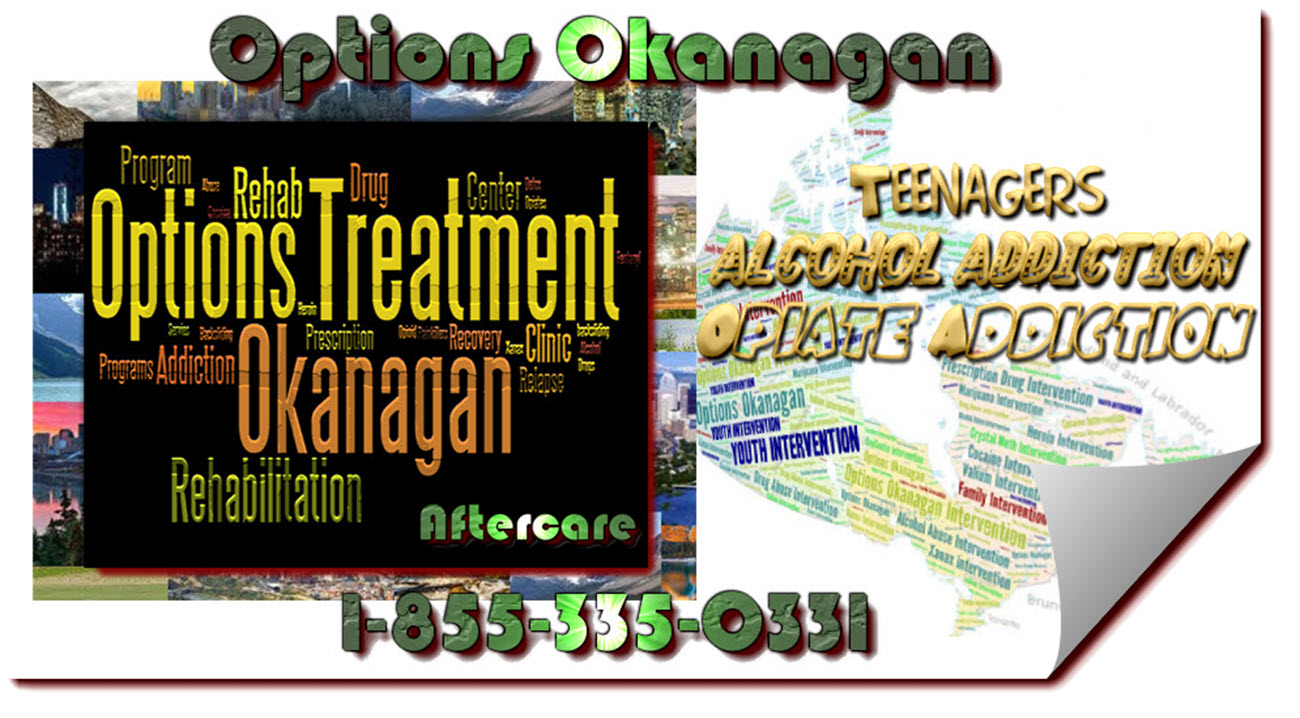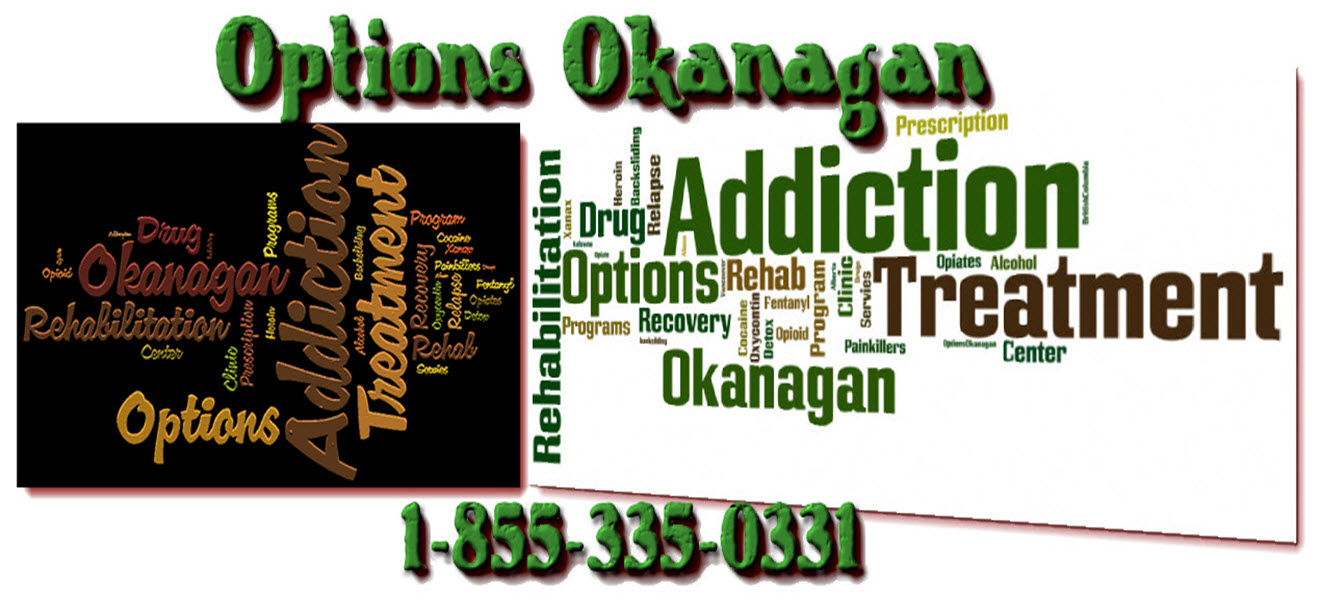How to calm oneself down when a person is feeling anxious – Mental health disorders – Drug rehab programs in Alberta and British Columbia – Options Treatment Center in Kelowna, British Columbia treating drug, opiate, fentanyl, heroin, and alcohol addiction and recovery.
Drug Rehabs In Alberta And BC
Tens of millions of North Americans suffer from anxiety mental disorders. A person may even be affected by fear. From mild to severe, anxiety disorders can interfere with both personal and professional aspects of their life. When a person is feeling anxious, a person will use negative and sometimes irrational thoughts to withdraw from the support system that is so important to their recovery.
Mental Health Disorder Programs In Alberta And BC
Fortunately, anxiety disorders are very treatable. Here are some simple tips that can help a person manage anxiety and improve all aspects of life while they are sober.
Rest
Studies show that lack of sleep can exacerbate anxiety problems. Ideally, a person wants to get at least seven to eight hours of sleep each night. Practicing bedtime relaxation techniques and routines, no caffeinated drinks or food at night, and limiting time in front of TV screens or computers at night will help a person relax and fall asleep faster.
Practice breathing techniques
Breathing techniques can be very useful for dealing with anxiety. By maintaining controlled breathing, a person can not only keep their mind and body working properly, but a person can also lower blood pressure and reduce tension. As a person’s anxiety increases, their breathing begins to move fast and shallow from their upper lungs, causing hyperventilation. Deep breathing techniques can help separate a person’s mind from racing thoughts and other distractions that scare them.
Use positive self-talk
Soothing self-talk helps a person focus on positive things to control their emotions. If a person practices it every time the stress increases or when a panic attack is imminent, it will almost become a habit.
Focus on the moment
Meditation is a great way to focus a person’s mind and attention in the moment. This mindfulness exercise forces a person to clear their mind from the frenzied thoughts that usually accompany fear.
Take care of their body health
We all know that eating healthy and exercising are great ways to stay in shape, but also very important for reducing stress. A person’s body and brain are directly connected, and some symptoms of anxiety are physical, including dental problems, muscle and stomach aches, and an immune system that is weakened. This mind and body connection also means that eating improperly can cause anxiety disorders. Improve a person’s mental and physical health by eating a more balanced and nutritious diet. Exercise is just as important for mental health. Some studies found that regular exercise reduced a person’s chances of developing an anxiety disorder by up to 35 percent.
If a person uses these tips and stays focused on how to relieve anxiety, they will no doubt see changes in themself and their general well-being.
Options Okanagan Opiate and Alcohol Treatment Centers in Kelowna, Salmon Arm and Vancouver, British Columbia – Men and Women are recovering and healing from Alcohol and Drug Abuse at our treatment center here in the Okanagan right now.
Our unique and distinctive Opiate Drug and Alcohol treatment program allow men and women to come in from Calgary as well as Edmonton as we offer airport pickup.
Numerous clients come to us from Vancouver, Calgary, and Edmonton and other locations in Alberta and even other provinces for Opiate addiction treatment, heroin drug treatment, many other drugs, and alcohol addictions for rehabilitation because of the uniqueness of our treatment center.
Our (Kelowna) Alcohol and Drug Treatment Program Location:
(Not Mailing Address) – Contact Us – Web Page
For Mail Delivery :: Please contact each center for correct mailing addresses, also this location is the location of our residential treatment programs in Kelowna. Please call Toll Free 1-855-335-0331 – to contact the treatment center you are going to for the address and directions.
Options Okanagan Drug and Opiate Treatment Center
551 Sherrydale Crescent, Kelowna, British Columbia, V1V 2E6
Toll-Free Phone Number: 1-855-335-0331

